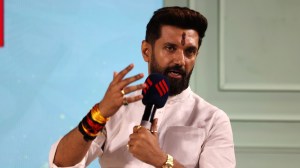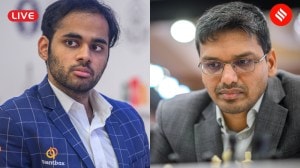Begum Samroo comes to town
NEW DELHI, January 16: It is all for a cause. Theatre director Alyque Padamsee breathes life into Begum Sumroo because she is one of those d...

NEW DELHI, January 16: It is all for a cause. Theatre director Alyque Padamsee breathes life into Begum Sumroo because she is one of those dauntless women from our history who we chose to forget. And the charitable Venu Eye Institute brings the historical play to Delhi for the first time because it needs to raise funds. “And to make people feel for those unfortunate millions out there, who do not have eyesight to enjoy the grand visual spectacle on the stage,” says Tanuja Joshi, the spokesperson of the charitable institute. And spectacle it is!
For Padamsee, Begum Samroo belongs to the same league of women as Evita or Meera, who fascinate him. “They dared to break rules. More than 200 years ago this fearless woman dared to lead an army of mercenary men, including European officials, to victory. This was 50 years before Jhansi ki Rani.” Begum Samroo successfully ruled over her jagir near Meerut, a gift from Emperor Shah Allam for saving his life, when the old Mughal edifice itself was crumbling down.
Pamdamsee sees echoes of Begum Samroo in contemporary history. “From Begum Samroo who had to take up the sword after her husband’s death, to Begum Sonia — there seems to be a link,” he said with a hint of humour at the press conference at India Habitat Centre. Padamsee will be staging the play Begum Samroo, which has been running full-house in Mumbai since last August, this Sunday at the Kamani auditorium.
Written by Pratap Sharma, the well-known novelist and playwright of British imperial history, the play traces the metamorphosis of a nautch girl into a soldier. Set in the era of the British imperial aggression, the play explores the ups and downs of the human heart and relationships. The eternal themes of love and passion versus duty and honour get a full run in the play.
The basilica is still a popular pilgrim site and her old home in Chandni Chowk houses a bank. Where history chose to forget her, theatre has discovered her in time for the golden anniversary of India’s Independence.


- 01
- 02
- 03
- 04
- 05




























